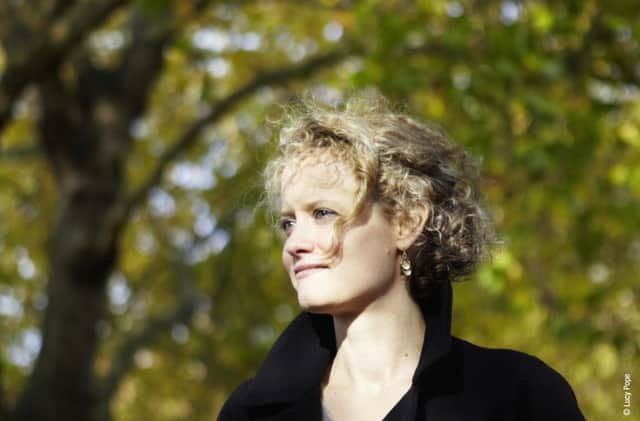Blurred lines


The narrative tracks back and forward in time, sometimes confusingly. The author’s intention is, I suppose, to explore moral complexity, questions of responsibility and emotional discordancies. The time shifts mostly achieve this, and yet one wonders whether the same effect might not have been obtained, even more compellingly, by a straightforward linear narrative. Simplicity of structure often beats cleverness.
Ruthie is neurotic from childhood. It can be hard living with a neurotic, hard reading about one too. Other people’s neuroses bore after a bit, and Ruthie in her self-absorption is tiresome. She has a love-hate relationship with Max, quick to anger him, sometimes deliberately. Max himself, presented to us through the eyes of the four women – Sophie, Beatrice, Vinny and Ruthie – is a character who never comes persuasively to life. We are not admitted to his thoughts. Does he behave badly simply because he is selfish and impatient?
Advertisement
Hide AdAdvertisement
Hide AdTo please him, to seek intimacy with him, or perhaps to compete with him, Ruthie too takes up photography. There is a great deal about the technical requirements, necessary, as one learns, to make the final act of the novel credible. Yet there is too much of it. As so often when a novelist gens up on a subject, Dymott gives us more technical information, the fruits of her research, than is necessary.
There are pages in Max’s and Ruthie’s darkrooms which may fascinate readers interested in photography, but which others will be inclined to skip.
There is much that is excellent in this novel: individual scenes in the English countryside and Greece which are beautifully and movingly realised; the love and care, only occasionally touched with impatience, which Beatrice and Vinny bestow in Ruthie. They are both fully imagined characters, and Dymott has the ability which so many novelists lack to make essentially good people interesting and convincing.
On this return to Greece after so long an absence, Ruthie becomes fascinated by a family in a neighbouring villa, especially by the girl Annie, who seems to be bullied by both her elder brother and her father. The fascination turns to obsession and prepares the way, nastily, for the last act of the novel, as Ruthie projects her own experience of childhood on to Annie. Is her understanding right, or does her projection distort reality? The question throughout the novel is to what extent Ruthie’s interpretation of other people and what they do is to be trusted. Sensibly, Dymott leaves the question posed but unanswered.
Advertisement
Hide AdAdvertisement
Hide AdDymott is a novelist of obvious talent and much of this novel is very good, both pleasing and disturbing. But it remains a thing of bits and pieces, the parts more satisfying than the whole. The pleasure of reading it is mingled with exasperation. It’s a near success which fails to be a whole. It’s not only that many individual scenes are longer than they should be, continuing after their point has been made. It’s also that the novel is clumsily structured.
A good novel, as Evelyn Waugh insisted, is a piece of carpentry. Here, though Dymott is often and pleasingly an artist in words, the carpentry is clumsy, and so the novel is less than it might have been, a curate’s egg.